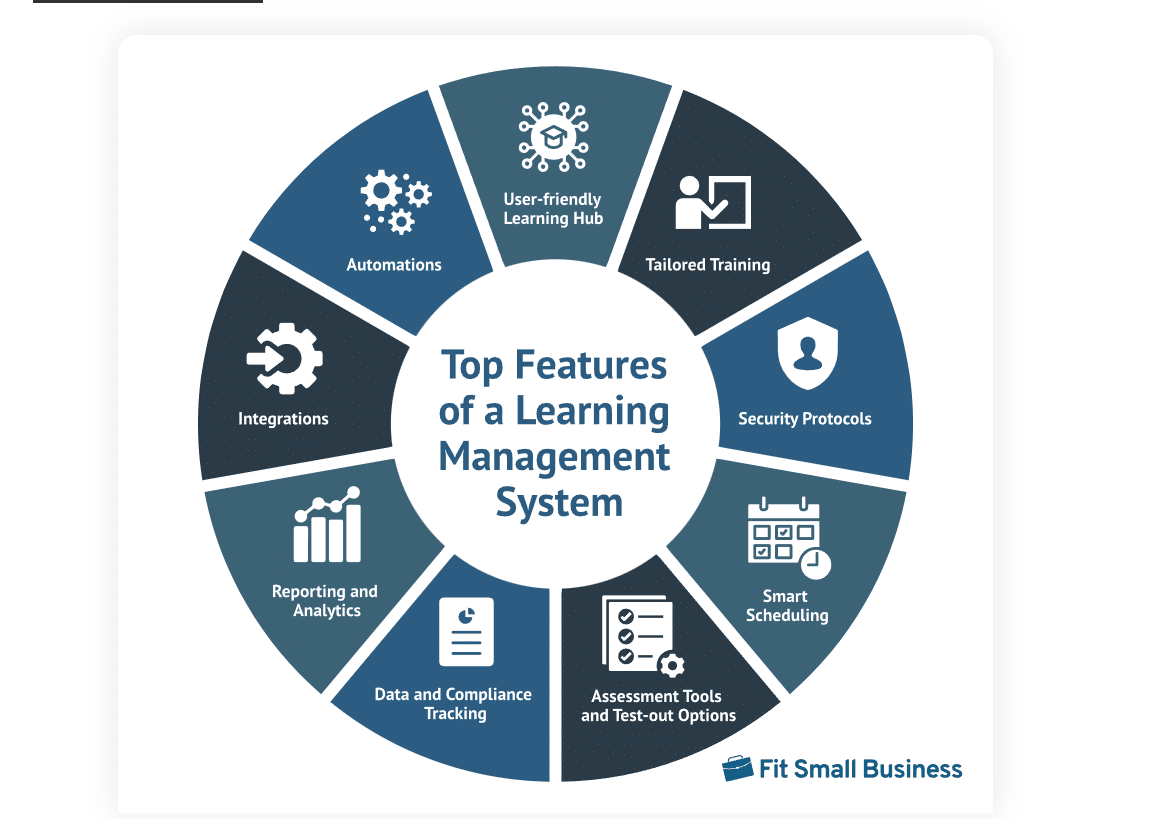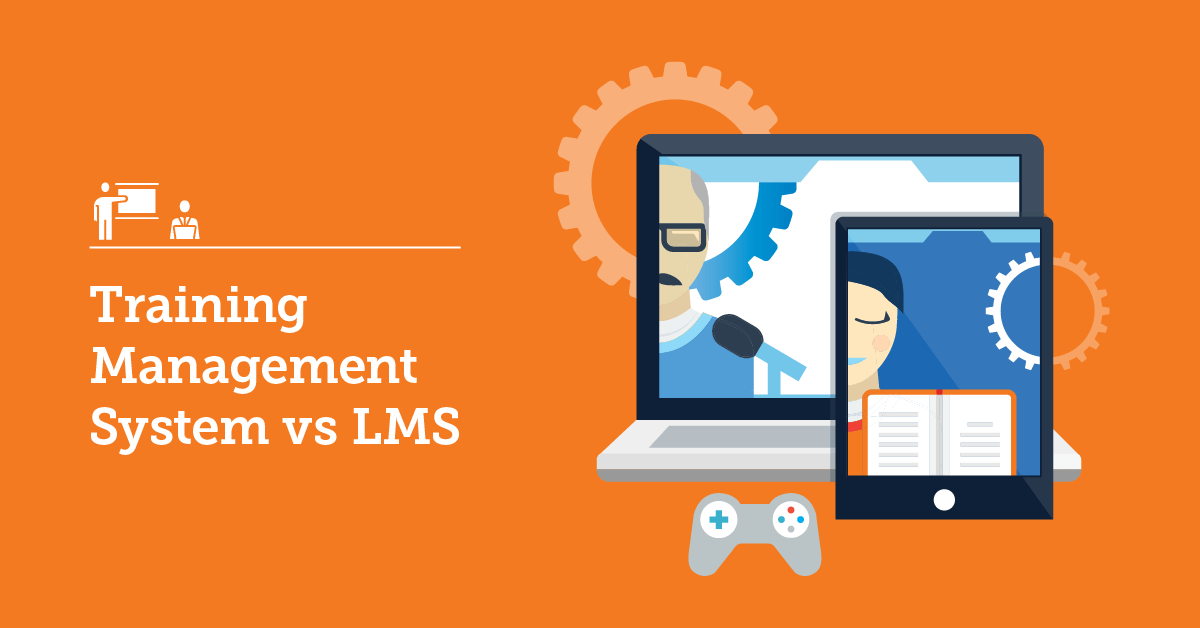LMS SG: The Very Best LMS for Scaling Your Educational Programs in Singapore
Selecting the most effective Learning Monitoring System for Your Organization
Selecting the optimal Discovering Management System (LMS) for your company is a multifaceted choice that calls for mindful consideration of various components. From defining exact discovering purposes that reverberate with your tactical vision to examining customer experience, each variable plays an essential role in the general efficiency of the system. Furthermore, recognizing integration capabilities and ensuring scalability for future demands can not be overlooked. As organizations make every effort for performance and development, the choice of an LMS comes to be increasingly substantial. What are the crucial considerations that can affect your decision-making process?
Specify Your Discovering Goals
Specifying clear understanding goals is necessary for the effective execution of a Knowing Management System (LMS) These objectives function as a roadmap, directing the growth of web content, assessments, and total educational approaches within the LMS. By developing specific, quantifiable, attainable, pertinent, and time-bound (CLEVER) objectives, companies can guarantee that the knowing experiences are straightened with their calculated purposes and student demands.
Efficient knowing goals need to envelop what learners are anticipated to recognize or be able to do upon conclusion of a training course or training program. This clarity not only aids in content creation but likewise helps with the assessment of student progress and the overall effectiveness of the LMS. Canvas Singapore. Well-defined purposes enable stakeholders to analyze whether the chosen LMS performances and features line up with their academic objectives.
Assess Individual Experience
Once discovering objectives have been established, examining customer experience becomes an essential next action in picking a suitable Learning Monitoring System (LMS) Customer experience includes the overall fulfillment and simplicity with which students engage with the system. A properly designed LMS should help with intuitive navigation, guaranteeing that individuals can locate programs, products, and support easily.
To assess user experience, think about conducting use screening with a depictive sample of end-users. This can supply beneficial understandings into just how students involve with the system. Secret variables to evaluate include the LMS's user interface design, ease of access features, mobile compatibility, and the clearness of instructions provided. User responses is vital; collecting surveys or conducting interviews can reveal typical pain points and areas for improvement.
Furthermore, evaluate the accessibility of support sources, such as tutorials and help centers, which can boost the user experience. The responsiveness of customer support is also important; timely assistance can substantially reduce frustrations that individuals might run into. Ultimately, choosing an LMS that prioritizes customer experience not only enhances the finding out process however additionally fosters higher involvement and satisfaction amongst students.
Evaluate Combination Capabilities
Acknowledging the value of smooth functionality, reviewing assimilation capabilities is vital when choosing a Knowing Monitoring System (LMS) An efficient LMS needs to assist check my blog in interoperability with existing systems, such as Personnel Administration Systems (HRMS), Consumer Partnership Monitoring (CRM) platforms, and other educational tools. This integration boosts information circulation, reduces administrative worries, and makes sure a cohesive learning setting.
When assessing an LMS, think about the types of combinations provided. Look for Application Programming Interfaces (APIs), Solitary Sign-On (SSO) capacities, and pre-built adapters that streamline combination procedures. Additionally, confirm the LMS's capacity to integrate with third-party tools, such as material collections or evaluation systems, which can dramatically enhance the knowing experience.

Think About Scalability and Adaptability
As companies advance, the capacity of a Learning Management System (LMS) to scale and adapt ends up being significantly vital. A scalable LMS can suit growth in individual numbers, program offerings, and content without compromising performance or customer experience. As businesses increase, whether through raised employees, new places, or diversified training requirements, the LMS ought to seamlessly grow along with these modifications.
Adaptability is similarly necessary; a reliable LMS click here to find out more has to sustain various discovering techniques, such as online, combined, and mobile knowing. This versatility permits organizations to react swiftly to emerging trends in training and growth, ensuring that they can use engaging and appropriate learning experiences - Singapore LMS. Additionally, the system must provide personalized functions, enabling organizations to tailor the LMS to their particular requirements and branding
Moreover, a flexible LMS needs to incorporate easily with existing systems and devices, facilitating a natural knowing environment. Thus, when picking an LMS, it is vital to assess not only its current abilities yet likewise its prospective to adjust and grow in positioning with the organization's strategic objectives and progressing discovering requirements. This foresight can significantly improve the long-lasting stability of the selected LMS.
Testimonial Prices and Budgeting
When examining a Learning Administration System (LMS), reviewing expenses and budgeting is essential to guarantee that the financial investment straightens with the company's monetary capacities and strategic objectives. Organizations should start by recognizing the overall cost of possession, that includes licensing costs, application expenses, maintenance, and any type of extra costs such as training and technological assistance.
It is critical to contrast various LMS choices, as rates models can differ considerably amongst vendors. Some systems might supply a subscription-based model, while others may charge an one-time cost. Organizations must additionally think about the scalability of the LMS; as they expand, the expense structure may alter, impacting long-lasting budgeting.

Conclusion
Picking a proper Learning Management System (LMS) is vital for achieving business discovering objectives. Eventually, the right LMS serves as a critical device in fostering a reliable discovering atmosphere and driving organizational success (Canvas Singapore).
Picking the optimum Knowing Management System (LMS) for your company is a multifaceted choice that calls for mindful factor to consider of numerous elements.Specifying clear discovering objectives is crucial for the successful implementation of a Learning Administration System (LMS)Once learning objectives have actually been established, assessing user experience comes to be a crucial following step in selecting a suitable Knowing Management System (LMS)As organizations progress, the capacity of a Learning Monitoring System (LMS) to range and adjust ends up being significantly vital.Selecting an ideal Learning Management System (LMS) is important for accomplishing organizational learning objectives.